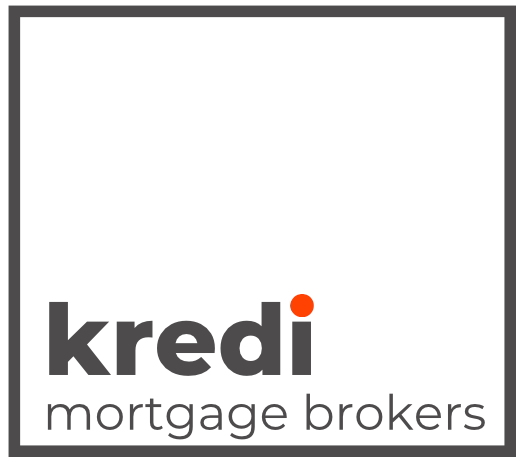The Wind blog
Useful info and resources
on insurance types and plans
Life insurance tips
Health and safety
Sign up for important updates and announcements.
Sign up to receive special offers from our team.

Sign up to receive special offers from our team.
Your advisor may request a copy of your credit report, so it's important to make sure yours is correct and up to date. 1 in 3 reports contain incorrect information. Click the link below to check, dispute and download your report.
*Try it FREE for 30 days, then £14.99 a month - cancel online anytime
Our aim is to give you and your clients a fantastic service that will have you coming back to us for all of your future financial needs. We are always looking to expand our network of partners and take on more, quality introductions. So, if this appeals to you then get in touch and every time you introduce a new client, we’ll provide you with a generous commission.
THINK CAREFULLY BEFORE SECURING OTHER DEBTS AGAINST YOUR HOME. YOUR HOME MAY BE REPOSSESSED IF YOU DO NOT KEEP UP REPAYMENTS ON YOUR MORTGAGE OR ANY OTHER DEBT SECURED ON IT
All Rights Reserved | kredi mortgage brokers